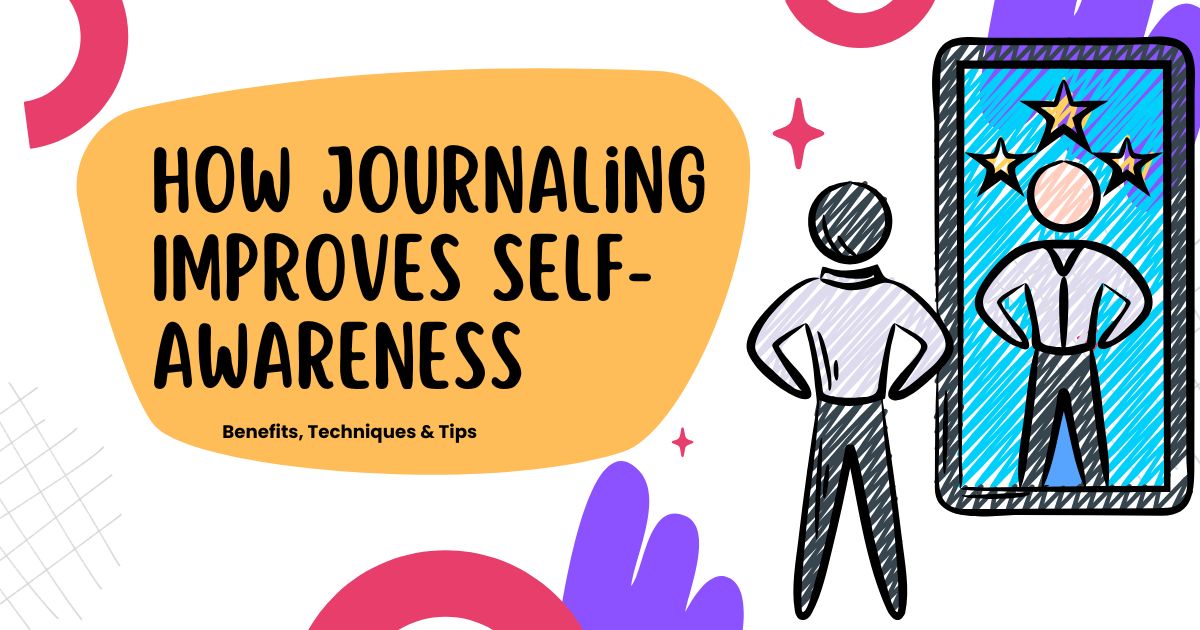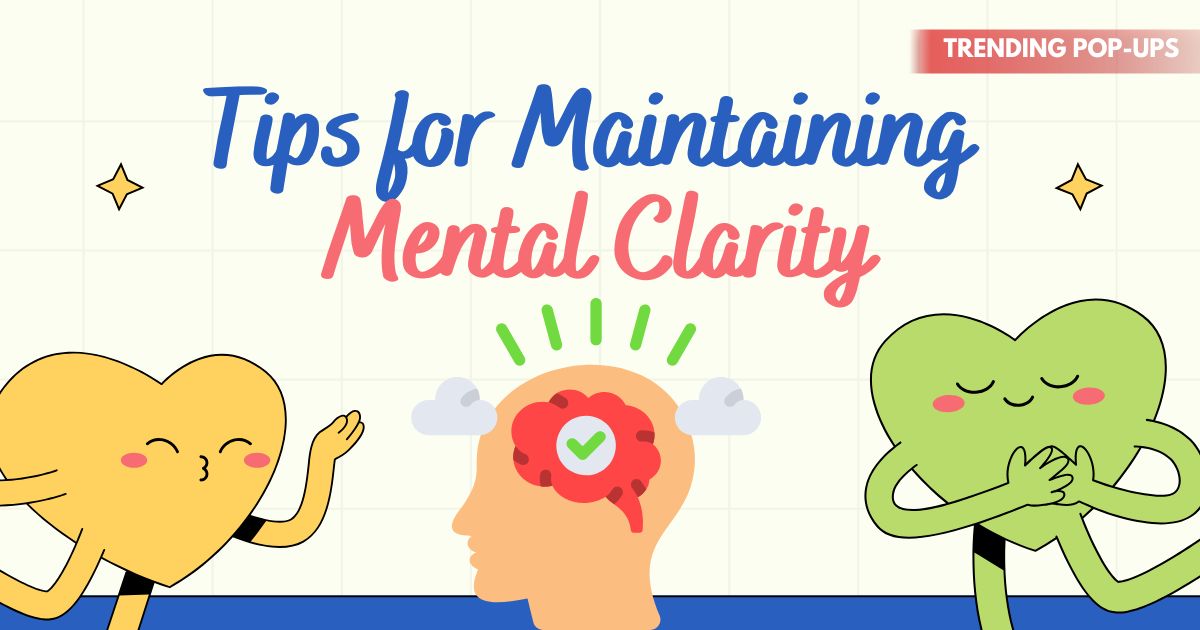In the hustle of modern life, many people struggle to pause and reflect on their thoughts, emotions, and actions. This lack of self-awareness can lead to stress, poor decision-making, and missed opportunities for growth. One powerful yet simple practice that fosters self-awareness is journaling.
Journaling has been used for centuries as a tool for reflection, healing, and personal development. Beyond being a record of daily events, it serves as a mirror to the mind, helping individuals understand their inner world more clearly. By writing regularly, people gain insight into their patterns, behaviors, and values, ultimately improving their self-awareness.
What is Self-Awareness?
Self-awareness is the ability to recognize and understand your own emotions, thoughts, and behaviors. It allows you to see how your actions impact yourself and others. Psychologists often categorize self-awareness into two types:
-
Internal self-awareness: Understanding your values, strengths, weaknesses, and emotions.
-
External self-awareness: Recognizing how others perceive you in different situations.
Developing self-awareness is key to emotional intelligence, personal growth, and stronger relationships. Journaling provides a structured way to cultivate both internal and external awareness.
The Connection Between Journaling and Self-Awareness
When you journal, you externalize your thoughts and emotions, making them easier to process. Writing slows down the thought process, giving clarity to feelings that might otherwise remain vague or overwhelming. Over time, journaling creates a written record of your inner life, allowing you to observe recurring patterns and gain deeper insights.
This reflective practice encourages mindfulness, helping you live with intention instead of reacting automatically. In essence, journaling transforms the unconscious into the conscious—making you more aware of who you are and what drives you.
Benefits of Journaling for Self-Awareness
1. Clarifies Thoughts and Emotions
Journaling helps organize scattered thoughts and emotions, turning chaos into clarity. Writing about feelings makes them less overwhelming and easier to understand.
2. Identifies Patterns and Triggers
Regular journaling reveals recurring behaviors, thought cycles, and emotional triggers. This awareness helps in breaking negative habits and reinforcing positive ones.
3. Strengthens Decision-Making
By reviewing past entries, you can see how certain choices affected outcomes. This reflection sharpens decision-making skills and fosters more intentional living.
4. Builds Emotional Intelligence
Writing about experiences encourages empathy, self-regulation, and a deeper understanding of emotions—key components of emotional intelligence.
5. Reduces Stress and Anxiety
Journaling provides a safe outlet for venting worries, which reduces mental load and promotes emotional balance.
6. Encourages Personal Growth
As you become more self-aware, you can set realistic goals, align with personal values, and track your growth over time.
Journaling Techniques to Enhance Self-Awareness
1. Free Writing
Set a timer for 10–15 minutes and write continuously without worrying about grammar or structure. This uncovers subconscious thoughts and hidden feelings.
2. Prompt-Based Journaling
Use self-reflective prompts such as:
-
What emotions did I feel today, and why?
-
What am I grateful for right now?
-
What challenges am I facing, and how can I respond better?
3. Gratitude Journaling
Writing about things you are grateful for shifts focus from negativity to positivity, cultivating mindfulness and self-reflection.
4. Bullet Journaling
This method combines journaling with task management. It helps track habits, moods, and goals, making it easier to notice behavioral patterns.
5. Reflective Journaling
At the end of the day, reflect on what went well, what didn’t, and how you responded emotionally. This builds accountability and awareness of personal growth.
Practical Tips for Effective Journaling
-
Be consistent: Journaling daily or a few times a week creates meaningful progress.
-
Find your style: Choose digital or handwritten journaling based on preference.
-
Stay honest: Authentic entries lead to greater self-awareness.
-
Don’t censor yourself: Allow raw emotions and unfiltered thoughts to surface.
-
Review past entries: Revisiting old journals shows growth and recurring themes.
Common Challenges and How to Overcome Them
-
Lack of time: Start with 5 minutes a day instead of waiting for long writing sessions.
-
Writer’s block: Use prompts or gratitude lists to overcome blank pages.
-
Fear of judgment: Remember, your journal is private and judgment-free.
-
Inconsistency: Build a habit by linking journaling to daily routines, like before bed or after morning coffee.
Conclusion
Journaling is more than just writing—it’s a pathway to self-awareness, clarity, and growth. By recording thoughts, emotions, and experiences, you gain insight into who you are, what drives you, and how you interact with the world. Over time, journaling strengthens emotional intelligence, improves decision-making, and fosters mindfulness.
If practiced consistently, journaling can transform how you see yourself and your life, making it one of the simplest yet most powerful tools for personal development.
Also Read : How Cognitive Behavioral Therapy Helps with Anxiety
FAQs
Q1. How often should I journal to improve self-awareness?
Journaling 3–5 times a week is enough to see noticeable benefits, though daily journaling is even more effective.
Q2. Can digital journaling be as effective as handwritten journaling?
Yes. Both digital and handwritten journaling improve self-awareness—it depends on your personal preference and consistency.
Q3. What should I write about if I don’t know where to start?
Begin with prompts such as “How am I feeling today?” or “What did I learn from today’s experiences?”
Q4. How long does it take to see results from journaling?
Some people notice increased clarity and calmness within a week, while deeper self-awareness develops over months of consistent practice.
Q5. Is journaling the same as keeping a diary?
Not exactly. A diary often records daily events, while journaling focuses on reflection, emotions, and self-awareness.



